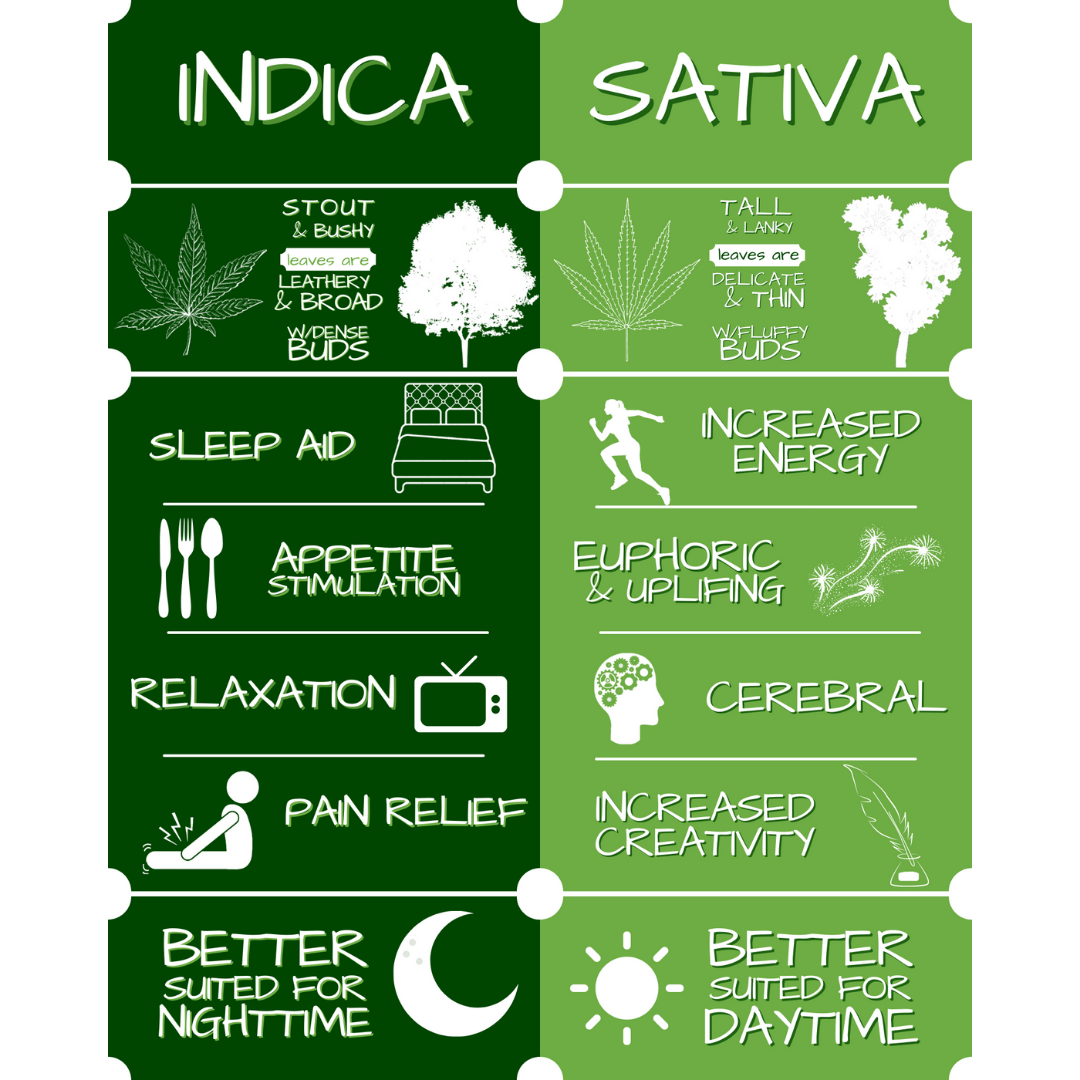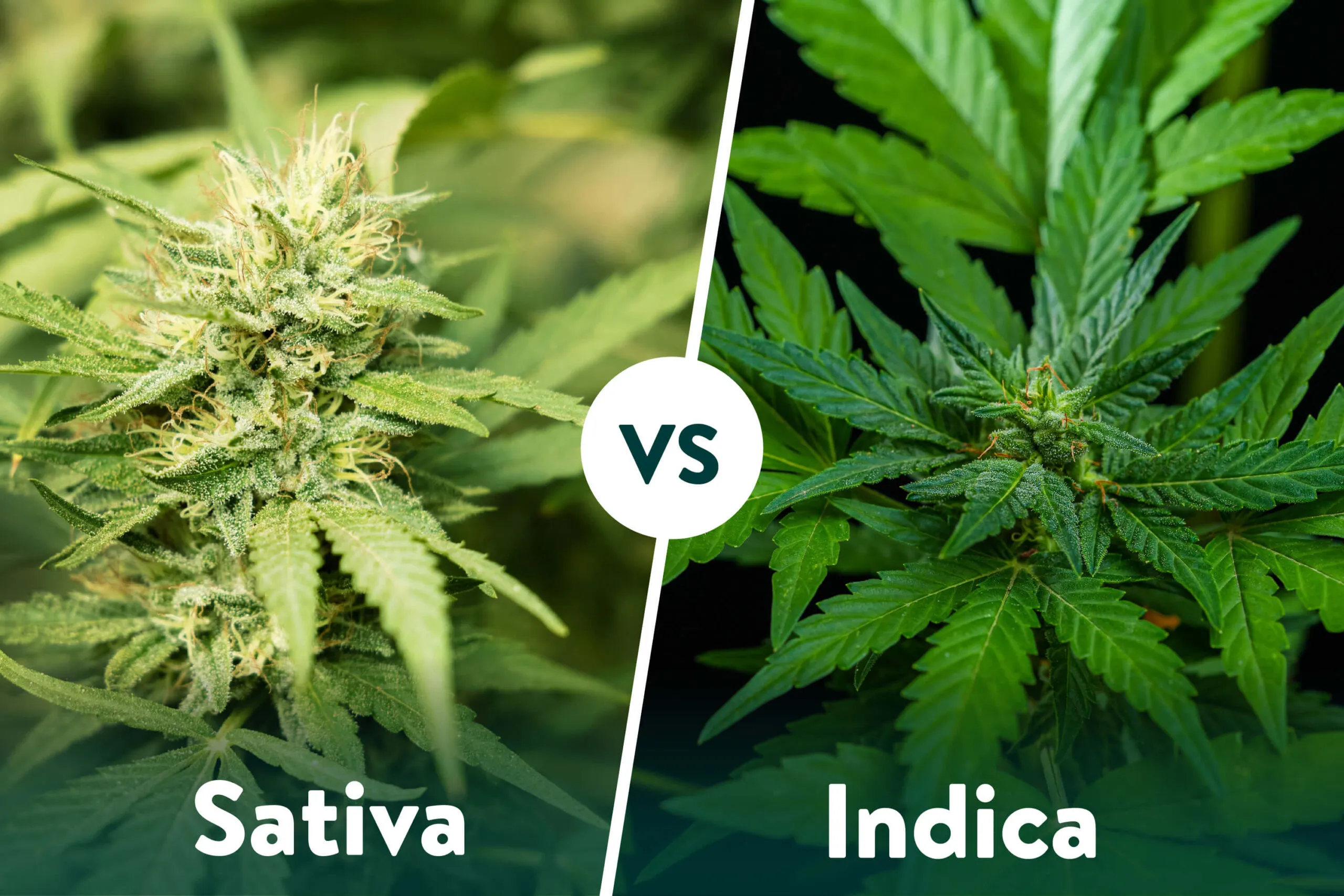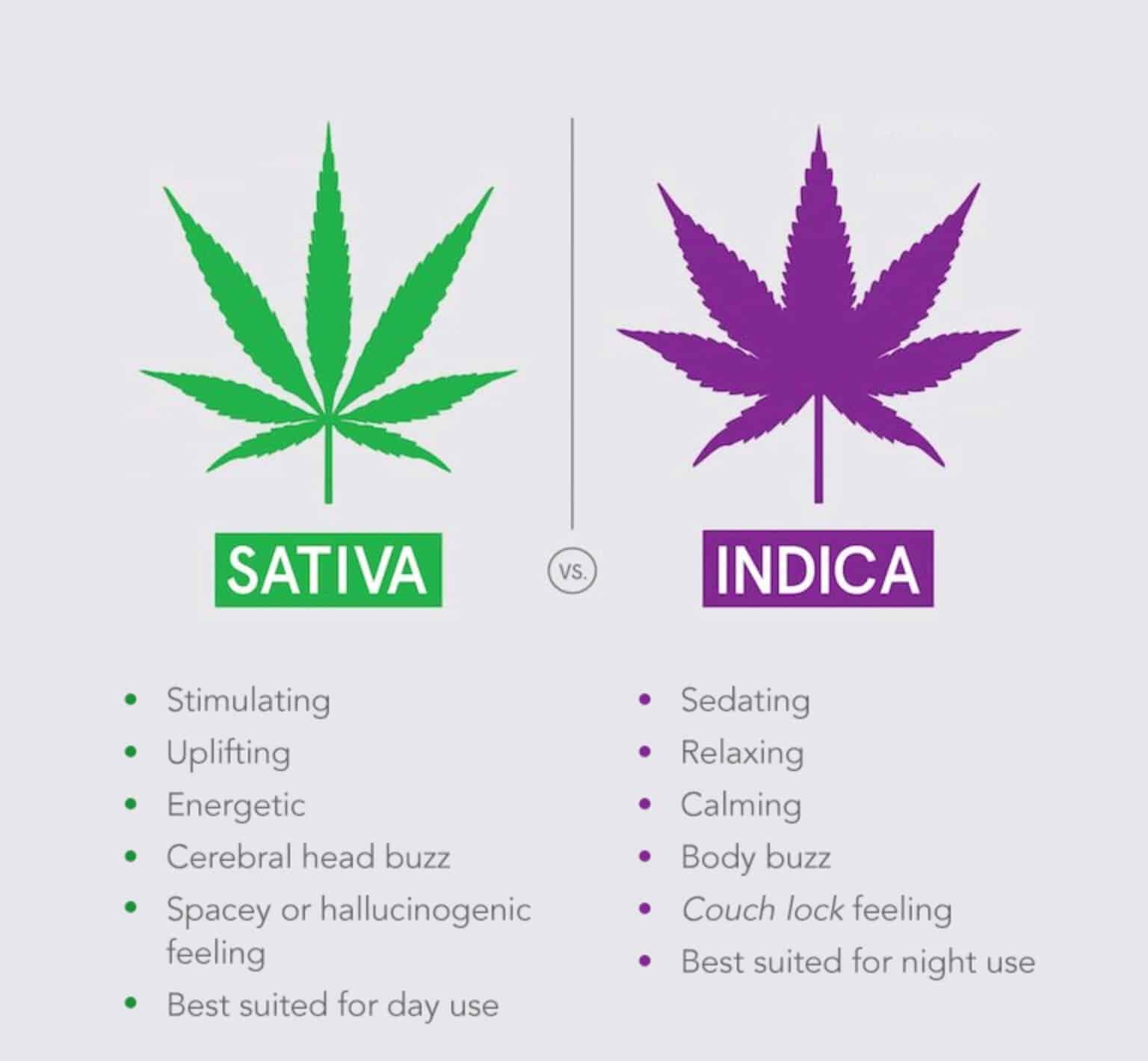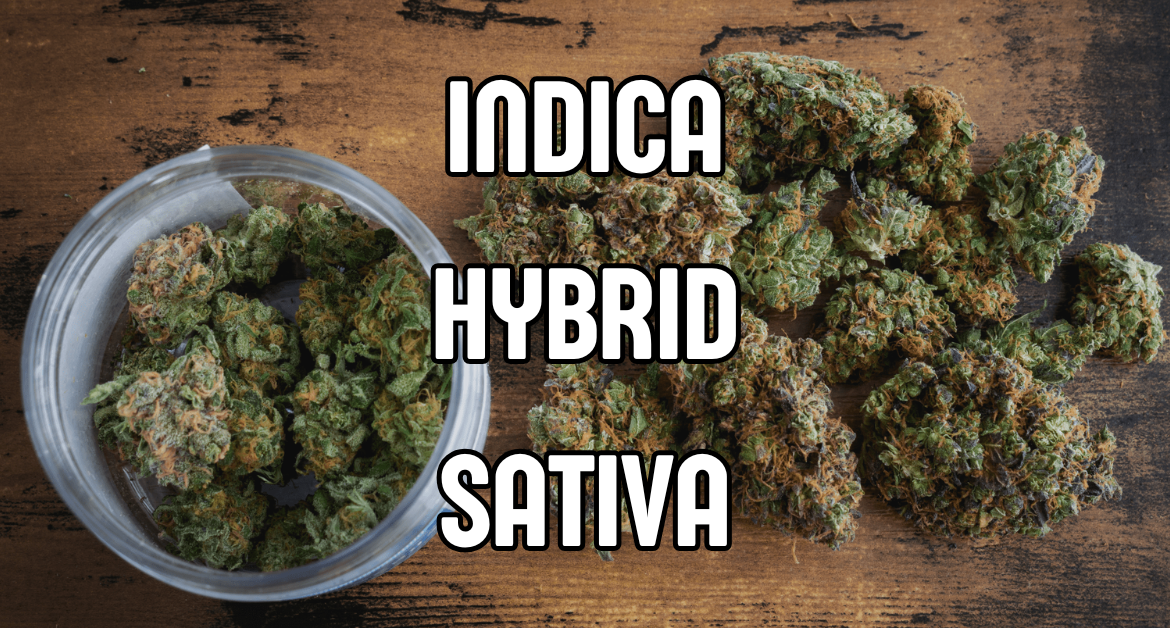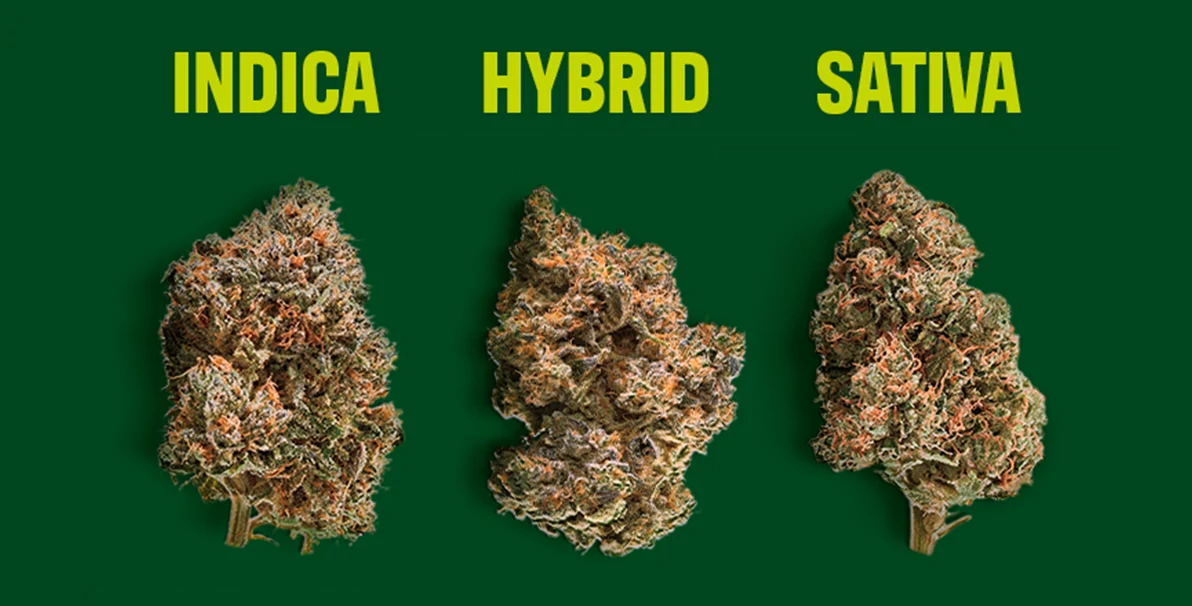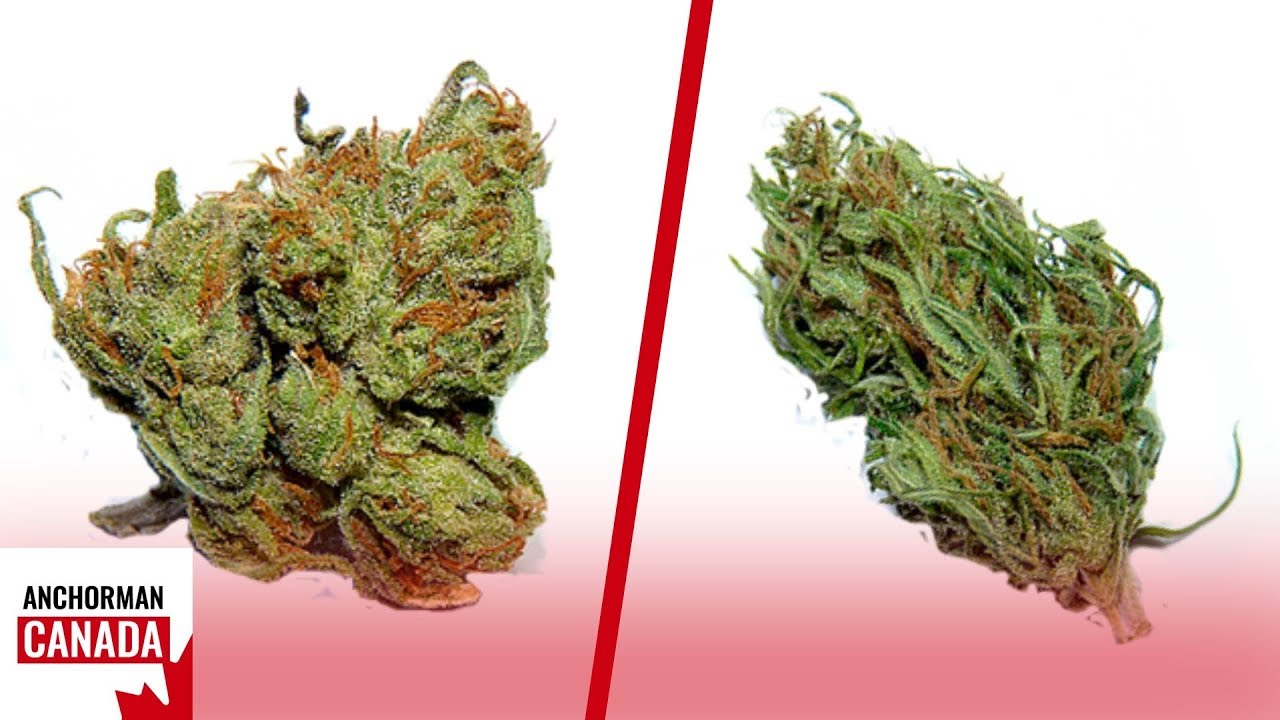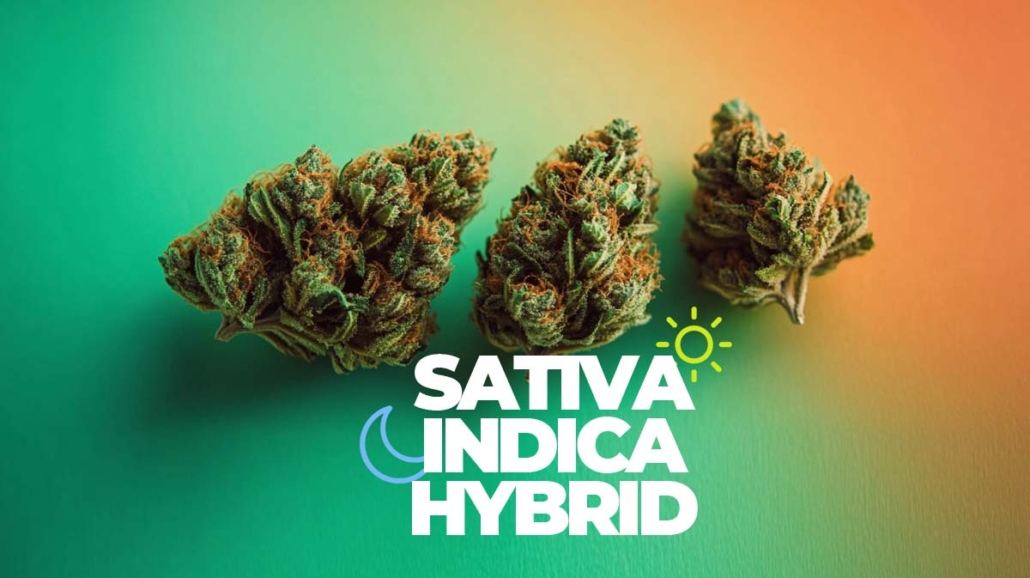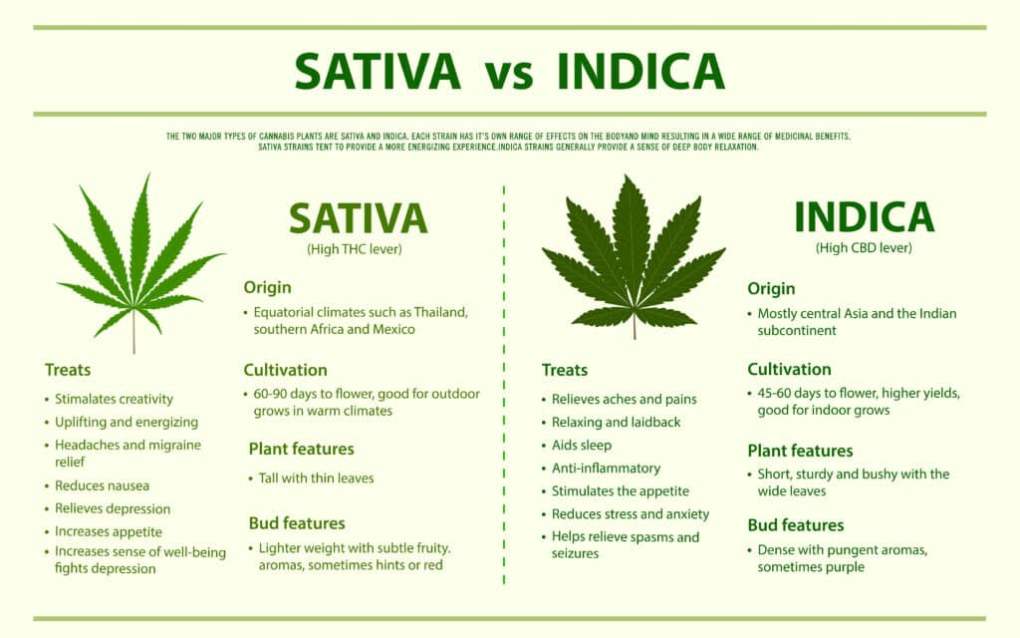Is Delta 8 Indica Or Sativa

Imagine strolling through a sun-drenched meadow, the air thick with the scent of wildflowers and the gentle hum of bees. A feeling of calm washes over you, your muscles relax, and a soft smile graces your lips. Now, imagine achieving a similar state of blissful tranquility with just a few puffs – welcome to the world of Delta 8, a cannabinoid that's sparking curiosity and debate.
The central question buzzing around the hemp-derived compound is this: Is Delta 8 indica or sativa? The simple answer is neither, and also both. While Delta 8 itself is a distinct cannabinoid, its effects can lean towards either the relaxing qualities often associated with indica strains or the energizing attributes of sativa strains, depending on a variety of factors.
Let's unpack this. To understand the nuances of Delta 8, we need to delve into its origins, its interaction with the body, and the crucial role of terpenes.
The Origins of Delta 8
Delta 8 tetrahydrocannabinol (Delta 8 THC) is a naturally occurring cannabinoid found in small amounts in the cannabis plant, including hemp. Unlike its more famous cousin, Delta 9 THC, Delta 8 is present in trace amounts. This scarcity means that most Delta 8 products are derived from CBD, a more abundant cannabinoid, through a process called isomerization.
This process involves converting CBD into Delta 8 using solvents and catalysts. The resulting Delta 8 is then purified and infused into various products, such as gummies, vapes, and tinctures.
Because Delta 8 is typically derived from hemp, which is federally legal in the United States as long as it contains less than 0.3% Delta 9 THC, it occupies a legal gray area. This has fueled its popularity as a milder alternative to Delta 9 THC in areas where cannabis remains restricted.
Delta 8 vs. Indica and Sativa: Understanding the Differences
Indica and sativa are terms used to describe different varieties of the cannabis plant. Traditionally, indica strains are associated with relaxing, sedative effects, often described as "body highs". Sativa strains, on the other hand, are known for their energizing, uplifting effects, often called "head highs."
However, the indica/sativa classification is increasingly viewed as an oversimplification. The effects of cannabis are far more complex and depend on a multitude of factors, including the specific cannabinoid profile, the terpene profile, and the individual's unique physiology.
Delta 8 is a single cannabinoid, not a strain. Its effects aren't inherently tied to either indica or sativa. Instead, the experience with Delta 8 is significantly influenced by the presence of other compounds in the product, particularly terpenes.
The Role of Terpenes
Terpenes are aromatic compounds found in cannabis and many other plants. They are responsible for the distinctive scents of different cannabis strains and play a crucial role in modulating the effects of cannabinoids like Delta 8.
Certain terpenes are associated with relaxing effects, such as myrcene and linalool, which are often found in indica-dominant strains. Others are associated with energizing effects, such as limonene and pinene, commonly found in sativa-dominant strains.
When Delta 8 is combined with terpenes associated with indica, the resulting product is more likely to produce relaxing and calming effects. Conversely, when Delta 8 is combined with terpenes associated with sativa, the product is more likely to be energizing and uplifting. This is why Delta 8 products are often marketed as "indica" or "sativa" based on their terpene profiles.
Factors Influencing the Delta 8 Experience
Beyond terpenes, several other factors can influence the Delta 8 experience. Dosage plays a crucial role. Lower doses tend to produce milder effects, while higher doses can lead to more pronounced and potentially unpredictable effects.
Individual tolerance also varies. People who are new to cannabis or have a low tolerance may experience stronger effects than those who are regular users.
The method of consumption also matters. Vaping and smoking typically result in faster onset of effects compared to edibles, which need to be digested before taking effect.
Navigating the Delta 8 Market
The Delta 8 market is rapidly expanding, with a wide array of products available. However, the lack of regulation in the industry raises concerns about product quality and safety. It's crucial to purchase Delta 8 products from reputable vendors who provide third-party lab testing results.
These lab tests verify the potency of the Delta 8 and ensure that the product is free from harmful contaminants, such as heavy metals, pesticides, and residual solvents.
Pay attention to the ingredients list. Look for products that contain natural terpenes and avoid those with artificial flavorings or additives. Always start with a low dose to gauge your individual response and gradually increase as needed.
Potential Benefits and Risks
Delta 8 is reported to offer a range of potential benefits, including relaxation, pain relief, anxiety reduction, and improved sleep. However, research on Delta 8 is still limited, and more studies are needed to fully understand its therapeutic potential.
Like Delta 9 THC, Delta 8 can cause side effects such as dry mouth, red eyes, anxiety, paranoia, and impaired cognitive function. These side effects are typically milder with Delta 8 compared to Delta 9 THC, but they can still occur, especially at higher doses.
It is essential to consult with a healthcare professional before using Delta 8, particularly if you have any underlying health conditions or are taking any medications.
The Future of Delta 8
The future of Delta 8 remains uncertain due to the evolving legal landscape. Some states have banned or restricted Delta 8, while others have embraced it. Federal regulation is also a possibility, which could significantly impact the availability and legality of Delta 8 products.
Despite the regulatory challenges, Delta 8 is likely to remain a popular alternative for those seeking a milder, legal cannabis experience. As research continues and the industry matures, we can expect to see more sophisticated and targeted Delta 8 products that cater to specific needs and preferences.
Ultimately, whether Delta 8 feels more like an indica or a sativa is a subjective experience shaped by a complex interplay of factors. By understanding the nuances of Delta 8, the role of terpenes, and individual factors, consumers can make informed choices and navigate the Delta 8 landscape with confidence.
